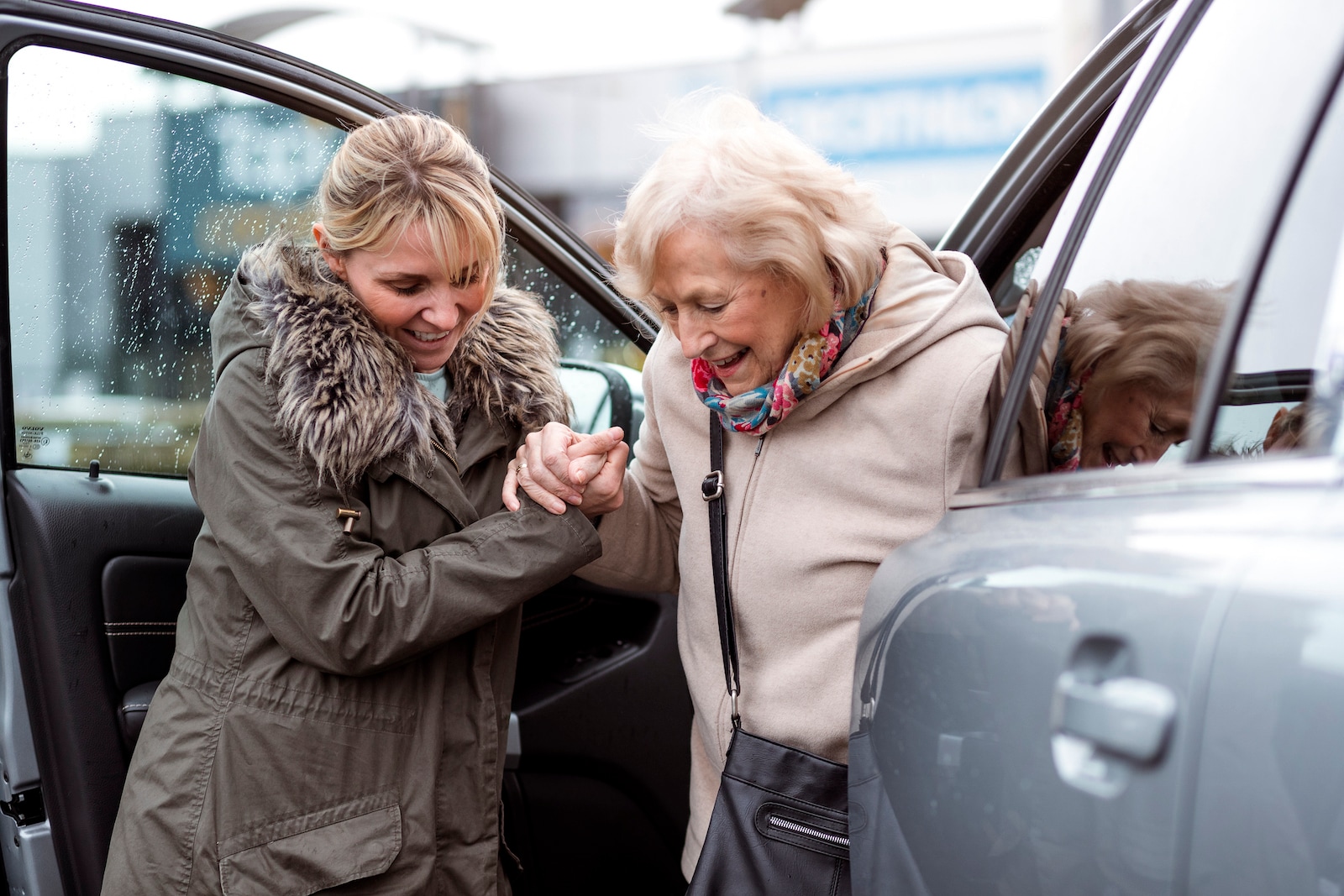In this article
If you’re considering taking on a rewarding new role, you might want to think about pursuing companion care. This type of caregiving focuses on alleviating loneliness and keeping seniors engaged, explains Daniel Jan, chief operating officer at Seniors Helping Seniors. By providing companion caregiver, you’ll also be able to offer clients potential insight into their aging loved one’s medical, mental and emotional health.
Companionship for seniors hoping to age in place has never been more at the forefront of the cultural conversation than it is today, according to Jan. After all, baby boomers are rapidly aging out of the workforce and into a population in need of this type of care.
If you’re considering becoming a companion care provider, here’s what you need to know.
What companion caregivers do
Companion care can be thought of as “hands-off care” for seniors who don’t require medical attention as a result of living with mobility issues and chronic illness, explains Nicole Brackett, care delivery and education manager at Homewatch CareGivers.
This type of care aims to combat social isolation and loneliness, which can affect an older adult’s health and quality of life, she says.
As a companion caregiver, you’ll keep a senior company, watch over them as they move around their home and provide transportation and assistance with their errands and appointments, explains Brackett.
Other potential companion caregiver duties:
- Providing conversation.
- Healthy menu planning and meal preparation.
- Shopping.
- Pet care.
- Light housekeeping and laundry tasks.
- Social engagement and aiding them with hobbies like gardening, scrapbooking and cooking.
How companion caregivers differ from home health aides or personal care providers
When considering whether this career path is right for you, it’s important to first understand the difference among home health aides, personal care providers and companion caregivers.
Jan breaks down the levels of care and responsibilities into three main categories:
- Companion care. The caregiver provides basic, hands-off activities with seniors.
- Personal care. The caregiver offers assistance with activities of daily living including dressing, bathing, feeding toileting and ambulation. A home health aide falls into this level.
- Home health care. The caregiver is responsible for administration of medication, wound care, etc. Nurses aides and licensed nurses fall within this category. HHAs often work under the direct supervision of a nurse who delegates tasks to them.
The biggest difference between companion care and other types of senior care is that companion care is considered hands-off, or non-touch, while personal care providers and home health aides offer hands-on care, he says.
Another way to think of it is that health aides focus on providing medical assistance, while caregivers focus on companionship, personal care and homemaking.
“Companion caregivers need to be compassionate, communicative, flexible and experienced or willing to learn non-medical home care tasks.”
— Nicole Brackett, care delivery and education manager at Homewatch CareGivers
Job skills for companion caregivers
Companion caregivers need to be compassionate, communicative, flexible and experienced or willing to learn non-medical home care tasks, explains Brackett. “You will need strong observational skills in order to stay vigilant in monitoring your client’s well-being and will serve as their reminder to take medications, meals and get proper rest,” she says.
Stephan Baldwin, founder of Assisted Living Center, adds that your social and interpersonal skills — encompassing your communication skills and emotional intelligence — are the most important because your core responsibility is to provide support and companionship to another person. Organizational skills are also key, as you’ll need to keep track of a senior’s household chores or medicines.
In Brackett’s experience, people who have strong people skills and a proven record for making others feel safe, comforted and welcome excel in this role. That said, you’ll need to be OK with atypical schedule demands and exerting quite a bit of emotional energy.
How to become a companion caregiver
Each state and agency has their own training and qualification prerequisites for companion caregivers. Jan explains that Seniors Helping Seniors, for example, doesn’t require specific certifications unless the provider wishes to provide certain “medical” services. “We hire friendly, compassionate and experienced caregivers who just love helping others,” he says.
Education for companion caregivers
There are no official college degrees or course requirements you’ll need under your belt to become a companion caregiver. “However, many agencies offer training for those looking to become caregivers,” says Baldwin. “At the very least, you would need a high school degree and a driver’s license to help someone get around. Any experience related to caregiving, like nursing, is also welcome by agencies.”
Training and certifications for companion caregivers
Check out your individual state department of health, which might offer information related to training. Caregiver List also has a roundup of caregiver certification training requirements by state. Some states will mandate the number of hours and even specific content that caregivers need to complete on an annual basis, says Brackett.
Other online training resources she likes include:
For general information on caregiver services, Baldwin recommends:
- U.S. Department of Health & Human Services.
- Administration for Community Living.
- National Aging & Disability Transportation Center.
Whether or not you complete formal training, Brackett adds that no matter what, a companion caregiver should always focus on a person’s unique preferences and needs. That way, your client will rest assured that their loved one’s well-being is in the right hands.


